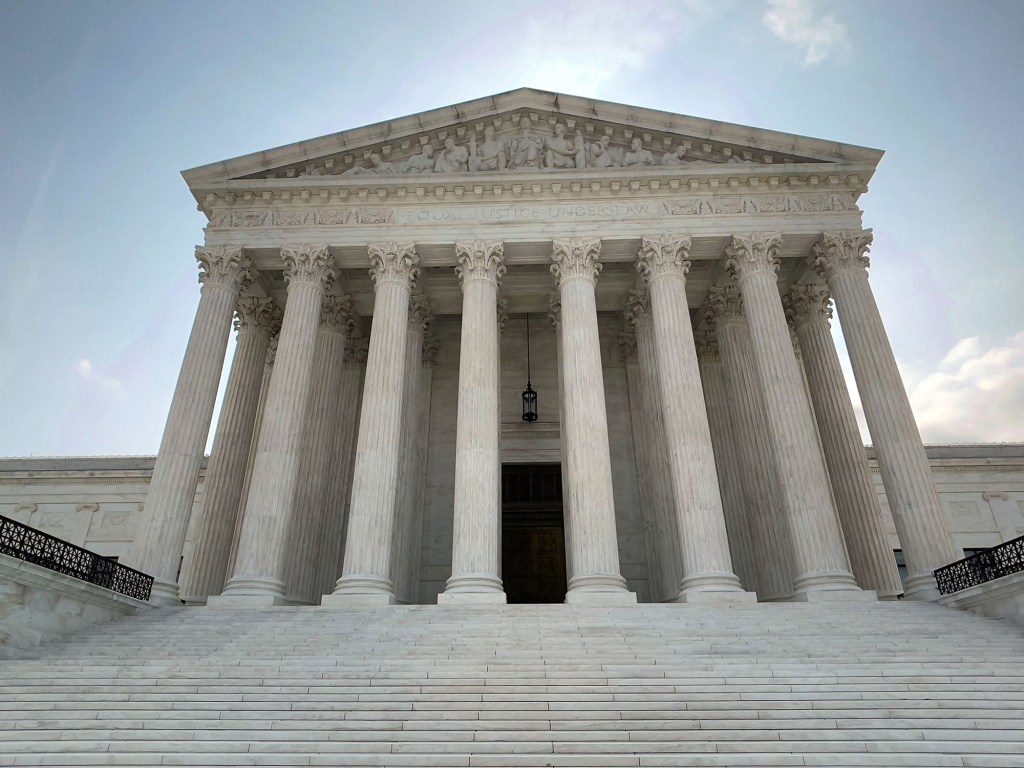Stephanie Armour | (TNS) KFF Health News
A landmark Supreme Court decision that reins in federal agencies’ authority is expected to hold dramatic consequences for the nation’s health care system, calling into question government rules on anything from consumer protections for patients to drug safety to nursing home care.
The June 28 decision overturns a 1984 precedent that said courts should give deference to federal agencies in legal challenges over their regulatory or scientific decisions. Instead of giving priority to agencies, courts will now exercise their own independent judgment about what Congress intended when drafting a particular law.
The ruling will likely have seismic ramifications for health policy. A flood of litigation — with plaintiffs like small businesses, drugmakers, and hospitals challenging regulations they say aren’t specified in the law — could leave the country with a patchwork of disparate health regulations varying by location.
Agencies such as the FDA are likely to be far more cautious in drafting regulations, Congress is expected to take more time fleshing out legislation to avoid legal challenges, and judges will be more apt to overrule current and future regulations.
Health policy leaders say patients, providers, and health systems should brace for more uncertainty and less stability in the health care system. Even routine government functions such as deciding the rate to pay doctors for treating Medicare beneficiaries could become embroiled in long legal battles that disrupt patient care or strain providers to adapt.
Groups that oppose a regulation could search for and secure partisan judges to roll back agency decision-making, said Andrew Twinamatsiko, director of the Health Policy and the Law Initiative at Georgetown University’s O’Neill Institute. One example could be challenges to the FDA’s approval of a medication used in abortions, which survived a Supreme Court challenge this term on a technicality.
“Judges will…
Read the full article here







